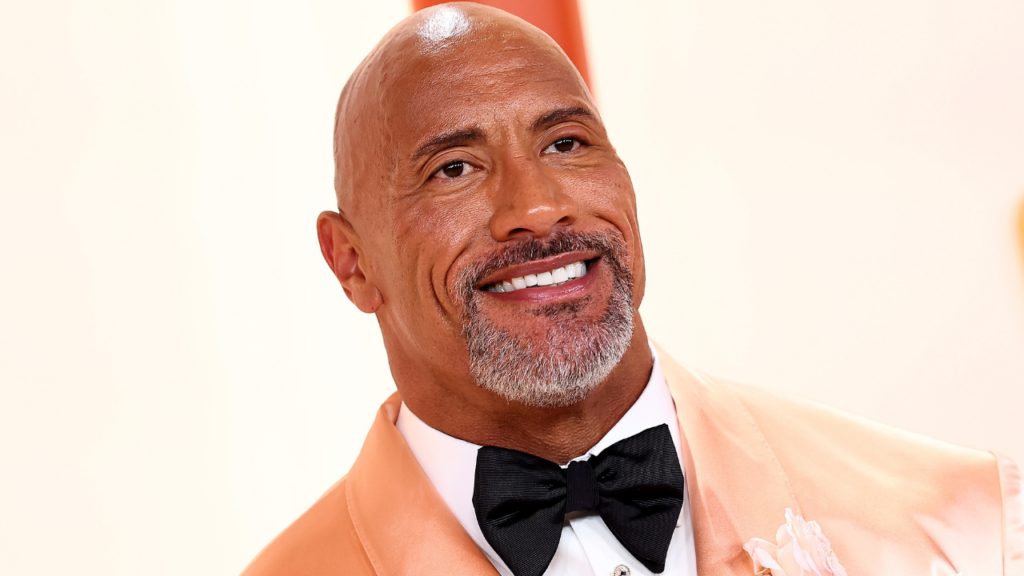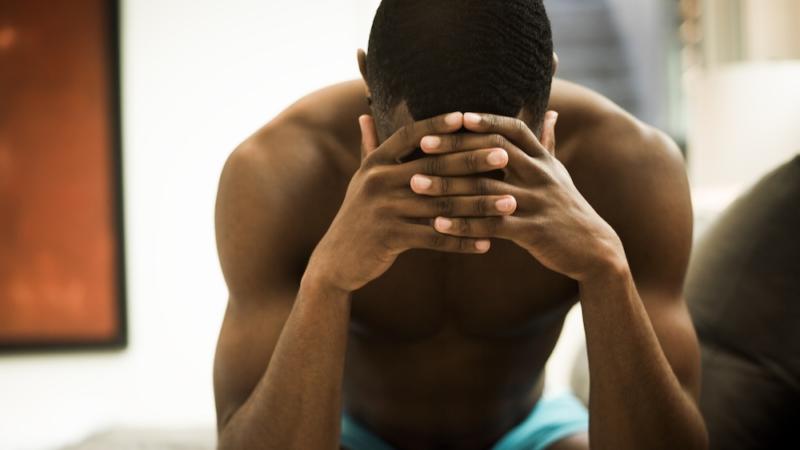June is recognized as Men’s Mental Health Month, an initiative aimed at raising awareness about the unique mental health challenges faced by men and encouraging open conversations, support, and access to resources. Despite societal stigmas and traditional notions of masculinity that often discourage vulnerability, mental health issues are prevalent among men of all ages and backgrounds.
According to the National Alliance on Mental Illness (NAMI), approximately 1 in 5 adults in the United States experiences mental illness each year, and men are just as susceptible as women. However, men are less likely to seek help due to societal pressures and the perception that seeking support is a sign of weakness.
Does Masculinity Get in the Way of Fixing Mental Health Problems?

Why do men shy away from getting mental health treatment? Many factors play a role, but the idea of masculinity and how some ideals of masculinity contradict getting treatment for men’s mental health issues is one of the most important ones. To get aid, one must frequently admit when there is a problem, rely on others, and reveal feelings.
However, these actions can run against popular perceptions of masculinity, such as the ideas that “men are tough and self-reliant” and “men don’t express emotions.” If you think you or a loved one may be showing signs of a mental illness, visit Mental Health America to take a free, quick, and confidential screen for depression, bipolar disorder, anxiety, PTSD, and/or alcohol or substance use problems.
10 Major Mental Health Problems Affecting Men
Mental health is an often overlooked aspect of men’s overall well-being. Societal norms and expectations of masculinity can make it challenging for men to acknowledge and seek help for mental health issues. However, ignoring these problems can have severe consequences, affecting not only the individual but also their relationships, work, and overall quality of life.
As we observe Men’s Mental Health Month, it’s crucial to raise awareness about the various mental health challenges that men face and encourage open and honest conversations.
Depression: This mood disorder can manifest as persistent sadness, loss of interest, fatigue, and feelings of worthlessness or guilt. Untreated depression can lead to further complications.
Anxiety disorders: These include generalized anxiety disorder, panic disorder, and social anxiety disorder, among others. Symptoms may include excessive worry, fear, and physical manifestations like rapid heartbeat or trembling.
Substance abuse disorders: Men are more likely to develop substance abuse disorders involving alcohol, illegal drugs, or prescription medications. These disorders can have severe physical and mental health consequences.
Suicide: Men are at a higher risk of dying by suicide, often due to societal pressures, stigma surrounding mental health issues, and a tendency to engage in more lethal means.
Anger management issues: Unresolved anger and aggressive behavior can stem from underlying mental health problems and contribute to strained relationships, legal issues, and violence.
Post-traumatic stress disorder (PTSD): Men are more likely to experience traumatic events, such as combat exposure or physical assault, which can lead to PTSD and related symptoms like flashbacks and hypervigilance.
Bipolar disorder: This mood disorder, characterized by extreme highs (mania) and lows (depression), can significantly impact a man’s daily functioning and relationships.
Obsessive-compulsive disorder (OCD): Intrusive thoughts, compulsive behaviors, and rituals associated with OCD can be particularly challenging for men due to societal expectations of control and rationality.
Eating disorders: While often perceived as primarily affecting women, eating disorders like anorexia nervosa, bulimia nervosa, and binge eating disorder can also impact men’s physical and mental well-being.
Personality disorders: Conditions like borderline personality disorder, narcissistic personality disorder, and antisocial personality disorder can significantly impair a man’s ability to function in relationships and society.
Black Male Celebrities Who Are Mental Health Advocates

It’s important to note that mental health issues can affect anyone, regardless of fame or success. Several high-profile black male celebrities have courageously shared their journeys with mental health challenges, helping to destigmatize the conversation and inspire others to seek help.
One such example is Dwayne “The Rock” Johnson, who has spoken about his battle with depression and the importance of seeking professional help. Another is Michael Phelps, the most decorated Olympian of all time, who has been open about his struggles with anxiety and depression, even at the peak of his athletic career. Trevor Noah, the comedian and host of “The Daily Show,” has spoken about his experiences with depression and the importance of destigmatizing mental health issues. Kanye West, the legendary rapper and producer, has been public about his battles with bipolar disorder, often discussing his experiences with manic episodes and hospitalizations.
Additionally, rapper Kid Cudi has been vocal about his experiences with depression and suicidal thoughts, using his platform to raise awareness and encourage others to prioritize their mental well-being.
These stories serve as a reminder that mental health challenges do not discriminate based on status, wealth, or accomplishments. By fostering open and honest dialogues, we can continue to break down barriers and ensure that men from all walks of life have access to the support and resources they need to thrive.

